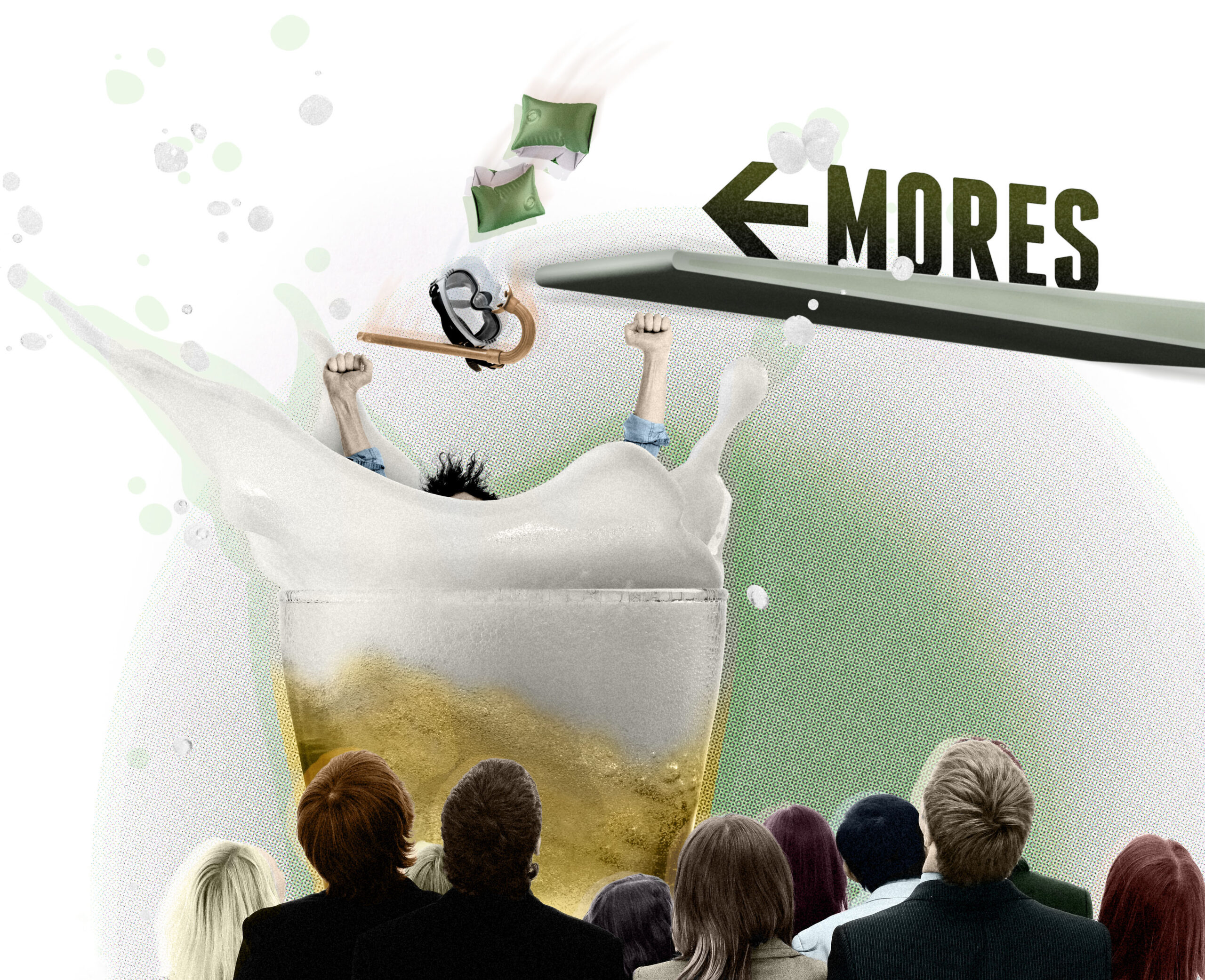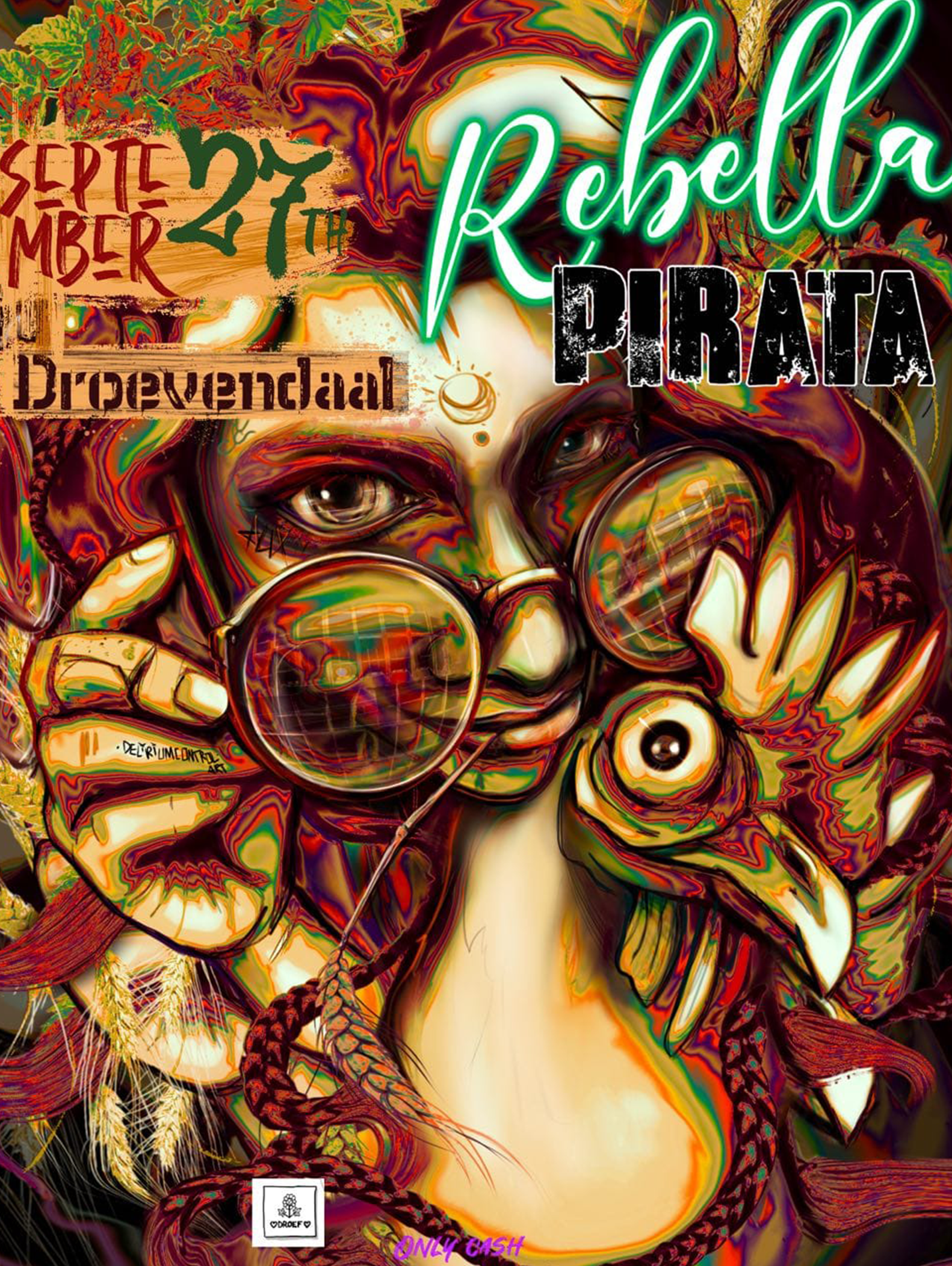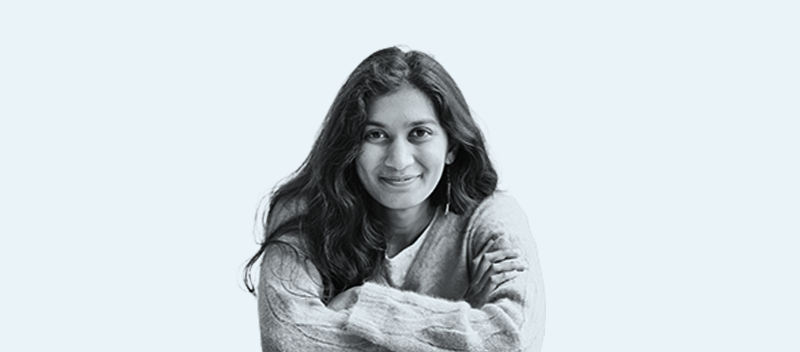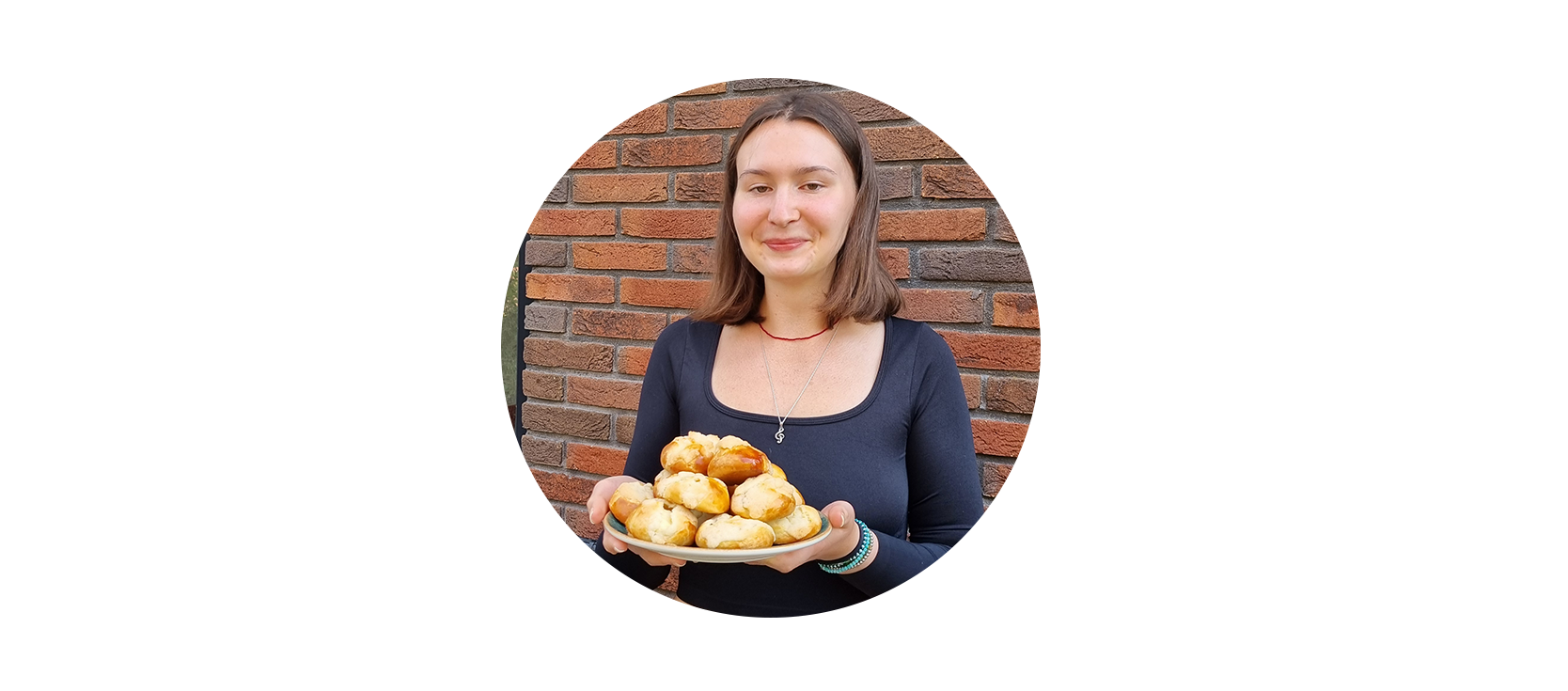The Covid-19 pandemic has been quite a blow for student societies. Students who joined in 2019 had six months of ‘normal’ society activities; the cohort of 2020 hasn’t experienced ‘normality’ at all. How can you help them start feeling at home?
One thing is clear: it takes some doing, as KSV Franciscus chair Djoeke Dankloff (21) knows from experience. ‘During the Covid period, it was much harder to create a strong bond with your cohort or with the society. The members who joined in 2019 and 2020 have some catching up to do. Helping them do that is our main task this year.’
The society is pulling out all the stops to do this. A four- or five-strong committee has been set up for each cohort, with one task: strengthening the ties among the cohort. ‘By having sweatshirts made for the cohort, for example, and organizing activities for them,’ explains Dankloff. ‘Normally, we only do that for the new cohort, but now there is a committee for every cohort.’ Besides these committees, a reintegration committee has been set up for last year’s first-years. Dankloff: ‘They only got introduced to the society’s mores (unwritten rules of conduct) during the online introduction, but that is not the same as the normal society introduction weeks. By running a kind of ‘reintroduction’ in-person, we are trying to strengthen the bond with the society in an enjoyable way.’
Fraternity fair
Other societies are facing the same problem. At SSR-W, activities that are normally for first-years are now open to second- and third-years too, says chair Anne van der Molen (20).
Night life usually involves alcohol and you have to learn to handle that
‘Like the fraternity fair, for example, at which first-years can get to know the various fraternities (clubs with members from different years).’ New committees have also been formed to run weekend trips for the various cohorts (‘good for cohort bonding’), and the mores are being enforced more strictly.
‘Mores are passed down from generation to generation, and everyone should follow these unwritten rules,’ says Van der Molen. ‘We couldn’t do that properly this year because the last cohort didn’t have an in-person introduction and couldn’t come to the clubhouse. Some newbies might not feel like fully fledged members. So we want to organize activities for that group so that we really draw them into our society culture.’
Good company
At WSV Ceres, too, they are pondering how to help the last two cohorts to catch up, says chair Sil Penders (22). ‘The current third-years experienced six months of society life as it should be in their first year; the current second-years have never seen the society in all its glory. They have never had the typical pub week with a pub night, a social night and a party night. Yes, we think that’s a pity.’
There must be a chance to catch up this year on the main first-year activities that couldn’t be run last year, says Penders. ‘The party weekend or the parents day, for example.
You can’t describe the bar in full swing, ‘you’ve got to see it for yourself’
We also want to make sure the different years integrate well, through things like an integration party or dinner for second- and fourth-years. Our ultimate goal is for the previous cohorts to experience and do everything that usually goes on here.’
Night life experience
There are other issues at stake besides the continuity of the pub culture. New first-years got very little experience of night life before they joined the society. ‘At home I went to the pub occasionally, but the new first-years couldn’t do that, of course, because of the pandemic,’ explains Dankloff. ‘Night life usually involves alcohol, and you have to learn to handle that. We want to prevent excessive behaviour and make sure people feel safe at Franciscus.’
At Ceres, too, the lack of night life experience is being taken seriously,’ says Penders. ‘New members haven’t really been able to go out yet, whereas now they are coming into a setting where people tend to drink a lot. We are being careful about who we serve alcohol to. If you are too drunk, you don’t get any more alcohol.’ And since last year, draft alcohol-free beer has been available. ‘We are really promoting that.’
After 18 months in which people were desperate for rules to be eased, Penders is deliberately keeping expectations low. But he does hope that all the members will get to experience the bar in all its glory this year. What did that look like, actually? ‘One big chaos,’ says Penders. ‘Everyone milling around and chatting, something funny going on all the time, people yelling. You can’t describe it, really – you’ve got to see it for yourself. I hope that we can really loosen up in a few months’ time.’
Mores
Every student society has its mores – rules and understandings about behaviour that vary from one society to another. It is often forbidden to stand with your back to the bar, for example, or to be on your mobile phone in company, or to make out in the clubhouse. There are punishments for breaking such rules.

 Each student society has its own mores. Because of the coronavirus crisis, new members haven’t had a chance to pick up the mores, so students societies are emphasizing them now. How do you behave in a group, and how do you handle alcohol? That sort of thing. Illustration: Death Valley Design
Each student society has its own mores. Because of the coronavirus crisis, new members haven’t had a chance to pick up the mores, so students societies are emphasizing them now. How do you behave in a group, and how do you handle alcohol? That sort of thing. Illustration: Death Valley Design 

